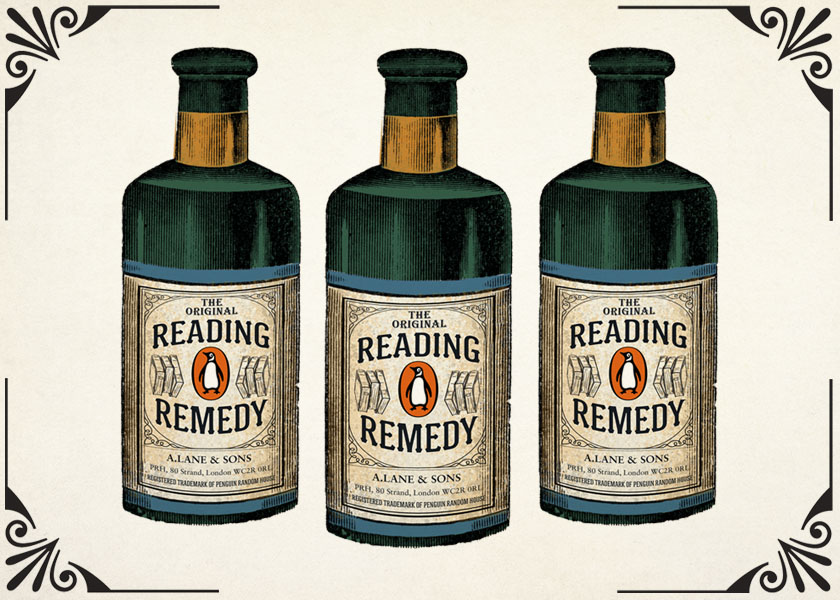- Home |
- Search Results |
- Reading Remedy: books to help you deal with unrequited love

There’s no better-worn territory in the world of books than love. Whole oceans of ink have been spilled about falling in, being in, and losing love – not to mention that half-effected, equal parts pleasurable and painful type: love which is unrequited.
From schoolyard crushes to adult yearning, almost everyone who has loved has been on one or the other end of unrequited love. Yet despite its commonality, it retains something enigmatic, too. Perhaps it’s that we can’t seem to agree on whether it’s a pleasurable experience or an excruciating one.
German philosopher Friedrich Nietzsche, of all people, falls on the pleasurable side. He once eloquently wrote, illuminating the intrinsic value of it, that unrequited love is “indispensable” to any lover, one “which he would at no price relinquish for a state of indifference.” For Nietzsche, unrequited love was incontestably preferable to indifference, but many in the thick of it might beg to differ. Psychologist Eric Berne, for one: “Some say that one-sided love is better than none,” he once wrote, “but like half a loaf of bread, it is likely to grow hard and moldy sooner.”
For Nietzsche, unrequited love was preferable to indifference, but many in the thick of it might beg to differ
Today they look despairing and, let’s be honest, very creepy, but both Dante and Petrarch’s depictions of love adhere to the conventions of courtly love, wherein even unrequited love is posited as a noble, precious, and – often – secret endeavour. There might be something palliative in that for today’s unrequited lover; both echo Nietzsche’s position that there is value in your feelings, however painful they are.
Only more recently did the pain of unrequited love become more fraught, establishing a more contemporary perception it as something more volatile and susceptible to mental wellness. In Goethe’s The Sorrows of Young Werther, a 1774 novel that would hugely inspire the Romantic poets – and, roughly 225 years later, scads of emo bands – the hero dramatically takes his own life in order to cease the pain of his affections for the married Charlotte.
Through the 19th Century, unrequited love took a more everyday tone; it afflicts at least one character per each of Jane Austen’s novels, and provides the central thrust of Persuasion, in which the entirety of Anne Elliott’s early life is consumed with regret over breaking off her engagement to Frederick Wentworth. That the happy ending to this and the majority of Austen’s novels made them extremely popular after their publication through the early part of the century speaks to the way that unrequited love would come to be seen later in the novels of the Victorian era. Even in Emily Brontë’s Wuthering Heights – perhaps one of most famous tales of unrequited love ever told – Catherine and Heathcliff are thought to have found each other as ghosts (though perhaps that won’t offer much comfort to flesh and blood folk).